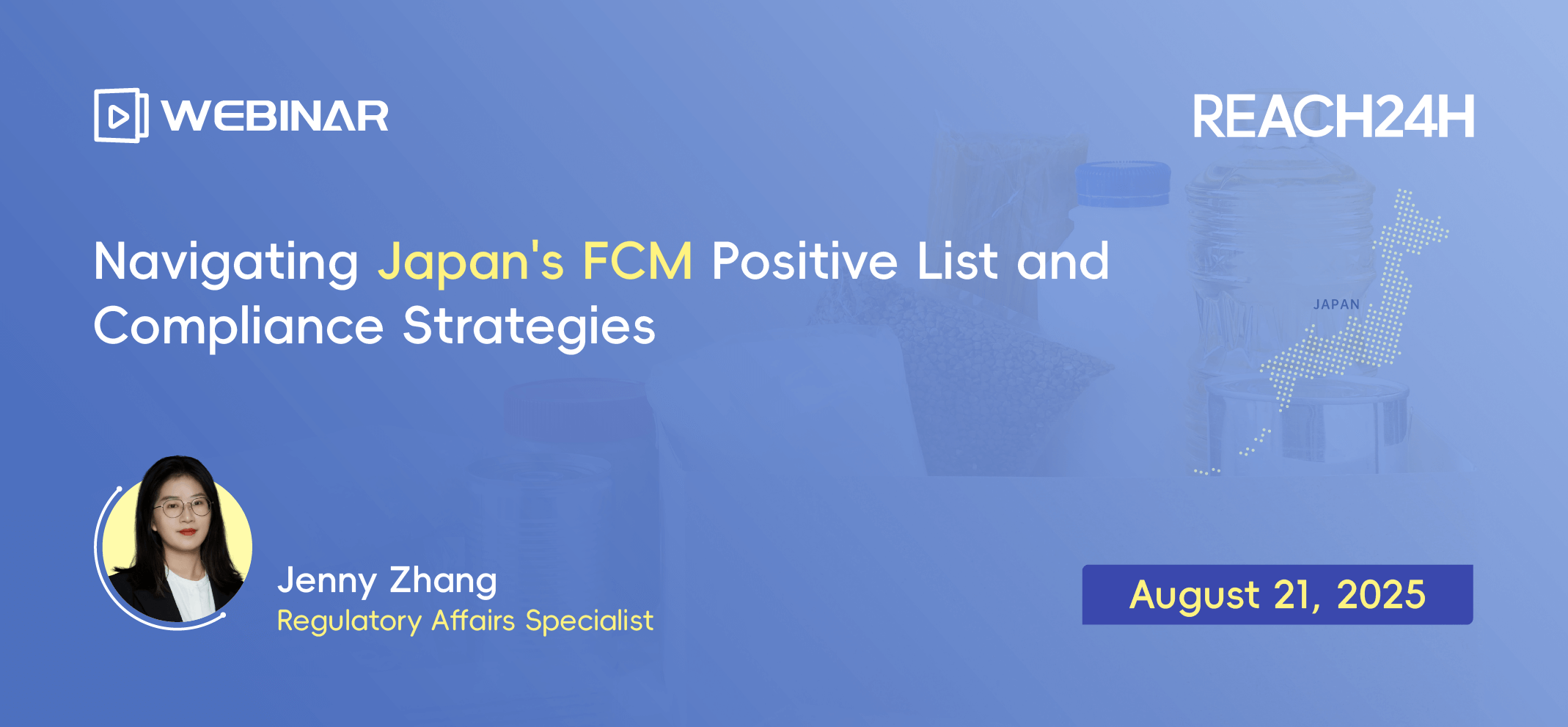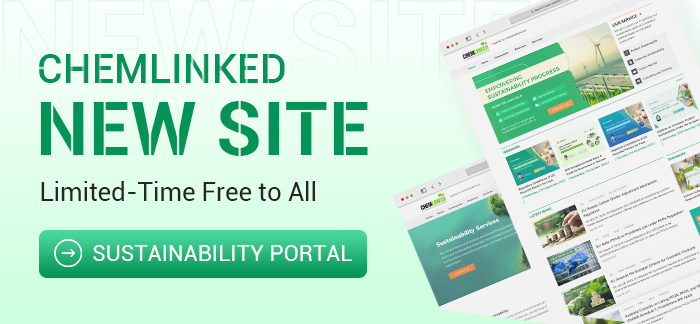Understanding the Proposed Changes to South Korea’s K-REACH: Lowering Compliance Costs and Enhancing Registration Transparency
Introduction
South Korea’s Act on Registration and Evaluation of Chemicals (K-REACH) is undergoing proposed amendments aimed at streamlining the chemical registration process, improving cost-sharing mechanisms, and enhancing corporate flexibility in compliance.

The latest proposal primarily focuses on two key aspects:
-
Optimization of the Joint Registration Cost-Sharing Mechanism
-
Improved Flexibility in the Foreign Manufacturer Representative (OR) System
Although these amendments are yet to be formally legislated, they indicate the South Korean government’s commitment to addressing industry concerns and refining chemical management policies.
Key Changes in the Joint Registration Mechanism
1. Clearer Cost-Sharing Principles
The proposed amendments to Article 16(3-5) of K-REACH establish stricter regulations to ensure fair, transparent, and objective cost-sharing among registrants. Key provisions include:
-
Equitable Cost Distribution: All registrants should share costs in a fair and reasonable manner.
-
Objective Calculation Methods: Fees must be based on transparent cost assessments, preventing unjustified charges.
-
Elimination of Unfair Fees: Any excessive or arbitrary charges are explicitly prohibited to protect registrants’ rights.
2. Introduction of a Government Mediation Mechanism
In response to industry concerns regarding cost disputes and data authorization issues, the proposal introduces a government mediation mechanism under the jurisdiction of the Ministry of Environment (MoE):
-
If companies face disputes over cost-sharing or data authorization, they can apply for mediation with the MoE.
-
The MoE must propose a mediation plan within 90 days, with the possibility of a 90-day extension in complex cases.
-
During mediation, the government may request cost details from existing registrants or consortium members to ensure fair cost calculations.
3. Extended Deadlines for Registration Submission
If mediation fails, affected businesses may apply for a registration submission extension:
-
Companies can request an initial 1-year delay from the MoE to continue operations while resolving disputes.
-
The extension may be further prolonged by another 1 year, depending on the circumstances.
-
If an agreement is not reached within the extended period and data usage consent is not granted, the substance cannot be marketed in South Korea.
Enhanced Flexibility in Foreign Manufacturer Representative (OR) System
1. Seamless Transition for OR Changes
The proposal also seeks to improve the Foreign Manufacturer Representative (OR) system under Article 45(2) of K-REACH. The key improvements include:
-
Retention of Registration Data: When switching ORs, the new OR can inherit all previous registration data, eliminating the need for redundant submissions and reducing compliance costs.
-
Applicability to All Registered Chemicals: Ensuring that businesses maintain data security and registration continuity without disruptions.
2. Timely Reporting of OR Changes
To maintain regulatory oversight, the proposal mandates that:
-
A newly appointed OR must report the change to the MoE within one month of receiving authorization from the manufacturer.
Implications for Businesses and Future Considerations
These amendments reflect the South Korean government’s intent to enhance transparency, fairness, and operational flexibility for businesses. Companies should monitor the legislative progress of these proposals and prepare for the following key takeaways:
-
Greater Transparency in Cost-Sharing: Clearer rules on cost distribution will help companies anticipate and manage compliance expenses more effectively.
-
Introduction of Government Mediation: Providing an official recourse for companies facing cost disputes or data access issues.
-
Short-Term Compliance Relief: Allowing extended deadlines to prevent operational disruptions due to registration delays.
-
More Flexible OR System: Ensuring continuity and cost reduction when switching ORs.
Conclusion
While the proposed amendments are yet to be enacted, they signal a positive shift in South Korea’s regulatory landscape, balancing compliance requirements with industry needs. Businesses involved in chemical registration under K-REACH should stay informed about the evolving regulatory framework and leverage these new mechanisms to optimize their compliance strategies.
Upcoming Seminar on K-REACH Revisions
To help businesses better understand these proposed changes and their implications, REACH24H will host an online seminar on April 1, 2025, titled “Updates and Regulatory Direction of K-REACH New Chemical Substance Registration”. Interested parties are encouraged to register and stay ahead of the compliance curve.


